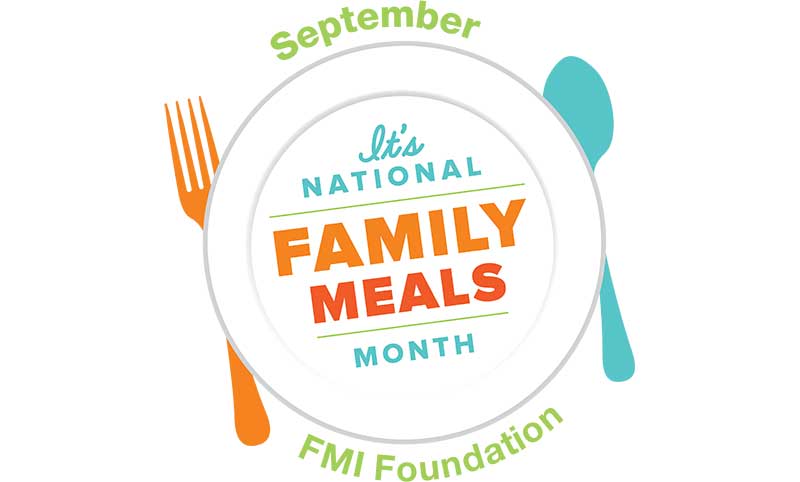Pennsylvania has designated September as Family Meals Month, while also encouraging families to eat together at home.
Gov. Tom Wolf issued a proclamation in August and state Rep. Greg Rothman, who serves part of Cumberland County, introduced House Resolution 455, which establishes Family Meals Month in the commonwealth in line with the national campaign spearheaded by the Food Marketing Institute (FMI).
“Family meals are fun, affordable, and healthier than other dining options,” the governor wrote in the proclamation. “Ninety-two percent of United States consumers say they want to eat healthier meals, yet only 30 percent of American families share dinner every night. Conversations around dinner tables establish closer relationships and increase parental involvement.”
The goal of Family Meals Month is for families to pledge to have one more meal together, at home, per week from items purchased at the grocery store. This educational program is supported by the FMI Foundation.
“In today’s on-the-go world, it can be challenging to find the time to eat together as a family. However, the benefits of family meals are overwhelmingly positive,” says Alex Baloga, president and CEO, Pennsylvania Food Merchants Association. “We thank Gov. Wolf and Rep. Rothman for their commitment to helping improve Pennsylvania families through their recognition of this important campaign.”
FMI said the data on why family meals matter is overwhelming. Studies show the significant, measurable scientific proof about the positive, lifelong benefits of family meals. Family meals nourish the spirit, brain and health of all family members. Research shows:
- Regular family meals are linked to higher grades and self-esteem.
- Children who grow up sharing family meals are more likely to exhibit prosocial behavior as adults, such as sharing, fairness and respect.
- With each additional family meal shared each week, adolescents are less likely to show symptoms of violence, depression and suicide, less likely to use or abuse drugs or run away and less likely to engage in risky behavior or delinquent acts.
- Adults and children who eat at home more regularly are less likely to suffer from obesity.
- Increased family meals are associated with greater intake of fruits and vegetables.

